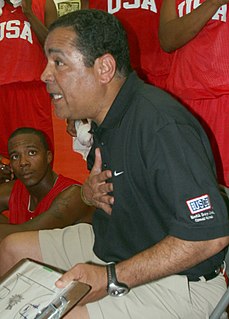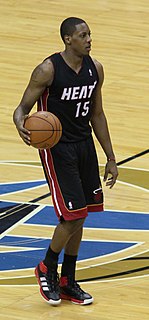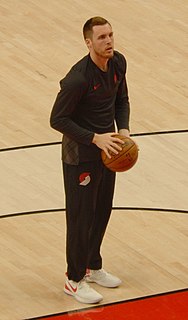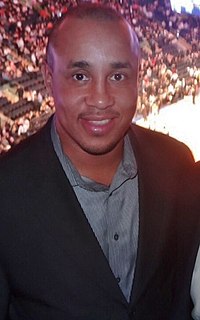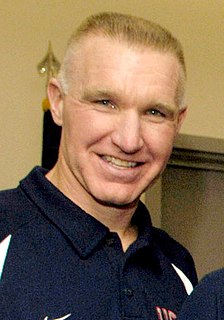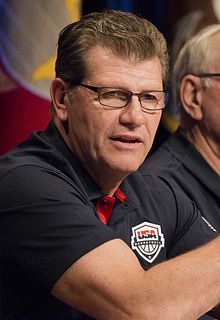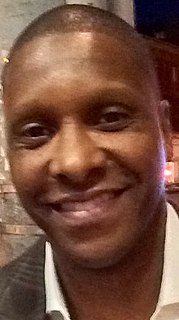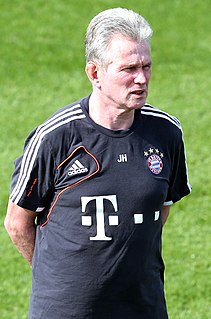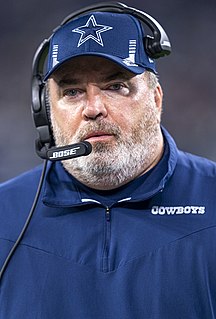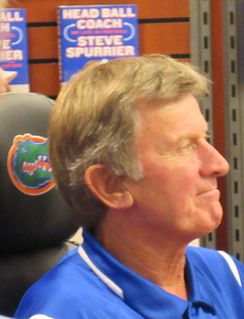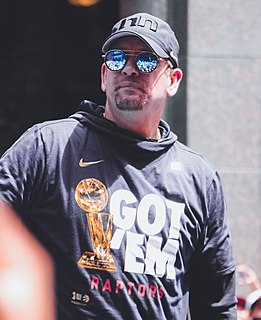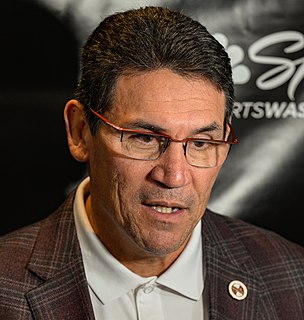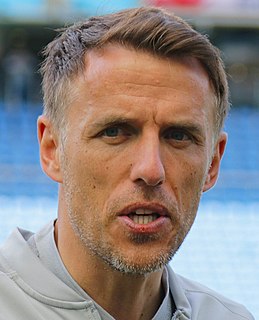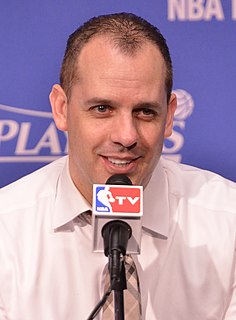A Quote by Kelvin Sampson
I didn't want to end my coaching career as an assistant in the NBA.
Related Quotes
I've had the privilege of coaching the best basketball team in the history of the world, and that's the USA national team. I've had a chance to coach them for eight years. If you were to ask me if I could end my career only coaching one team for the rest of my coaching career, I don't think it could get better than that, especially with the players that I've had during those eight years. When you've coached at that level, you know, you've coached those players, it's pretty hard to say, I would rather coach anybody else.
We have to move the meter in sports in Africa, especially basketball. With the growth of the NBA globally, we have to figure out more ways to develop facilities, coaching, leagues, and youth development in Africa. The talent is incredible. Especially physically. How do we get the youth to start playing at an early age just like in soccer? The future is bright. We now have an NBA office in Africa, we have legends and Hall of Famers, we have African assistant coaches, front office members, and some prominent African players over the last 10 years. So we must plan well for the next 10.
The Energy job was probably the key. It kind of transitioned me back into the States. It gave me a link to the NBA. And I got to make some contacts and meet some players and get players set up and learn the NBA game and terminology and coaching those type of players. It was certainly a huge, huge key to getting to the NBA.
